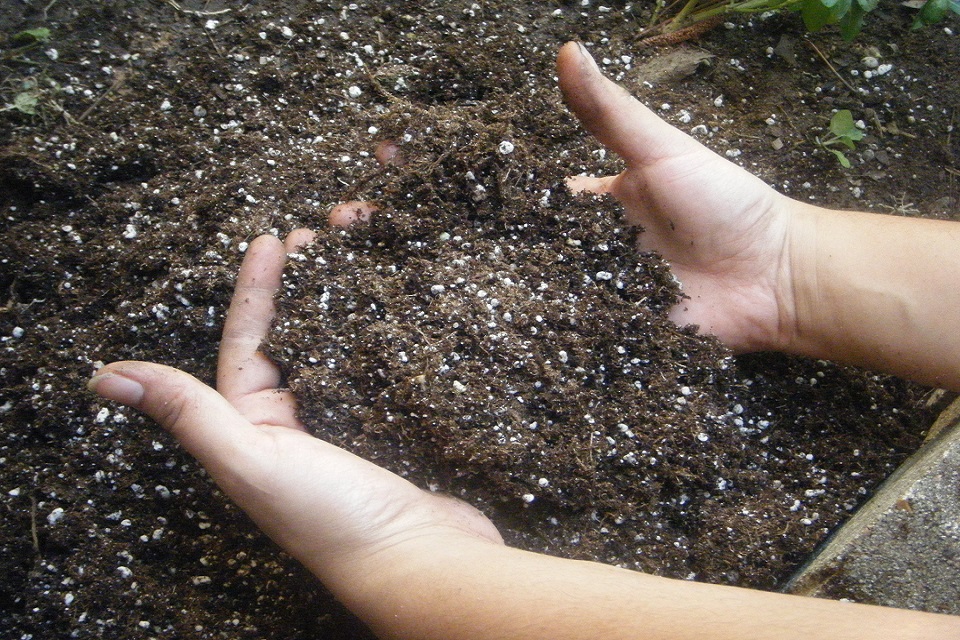Activated Carbon Coconut Charcoal, "The new soil" and the fight against CO2 emissions
The increase of popular branded media leads to consequences such as increase in soil acidity, increased fertilization costs, loss of moving parts and the threat of environmental health. In order to compensate for this, an alternative must be put in place that can influence the progression of agricultural soils. They must be able to contribute to the fixation of nutrients and make them available to plants. Activated Carbon Charcoal addresses this concern as a direct alternative. Activated Charcoal contributes to the immobilization of nitrogen and in fact, the addition of charcoal in heavily weakened tropical soils improves their physical, chemical and biological properties. As a result, these soils can acquire good cation exchange capacities (CEC) and better capacities to retain and recycle nutrients over long periods of cultivation. Activated Coconut Charcoal also influences the biological structure of the soil by its composition and abundance. It has a high ratio surface to volume and a high affinity for inorganic ions.
Its use in cropping systems contributes to the reduction of greenhouse gas emissions. The incorporation of activated coconut charcoal on the soil modifies its water state and influences the root development of plants as well as the fauna of the soil. It acts as an adsorbent complex of nutrients, and so helps the soil to fix nutrients like carbon, nitrogen, phosphorus, potassium and calcium. This work is in the context of improving farmers’ incomes by reducing the costs of inputs.



